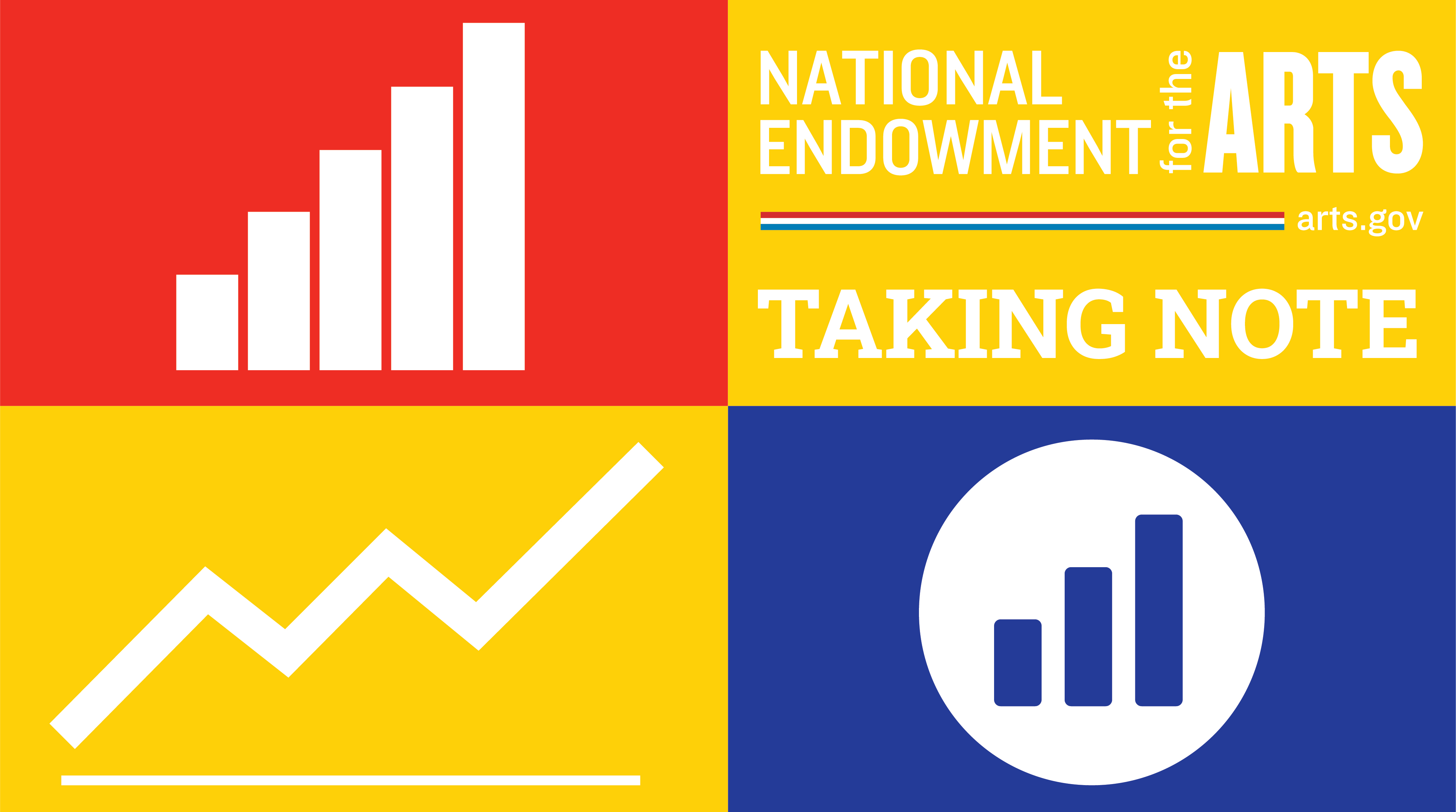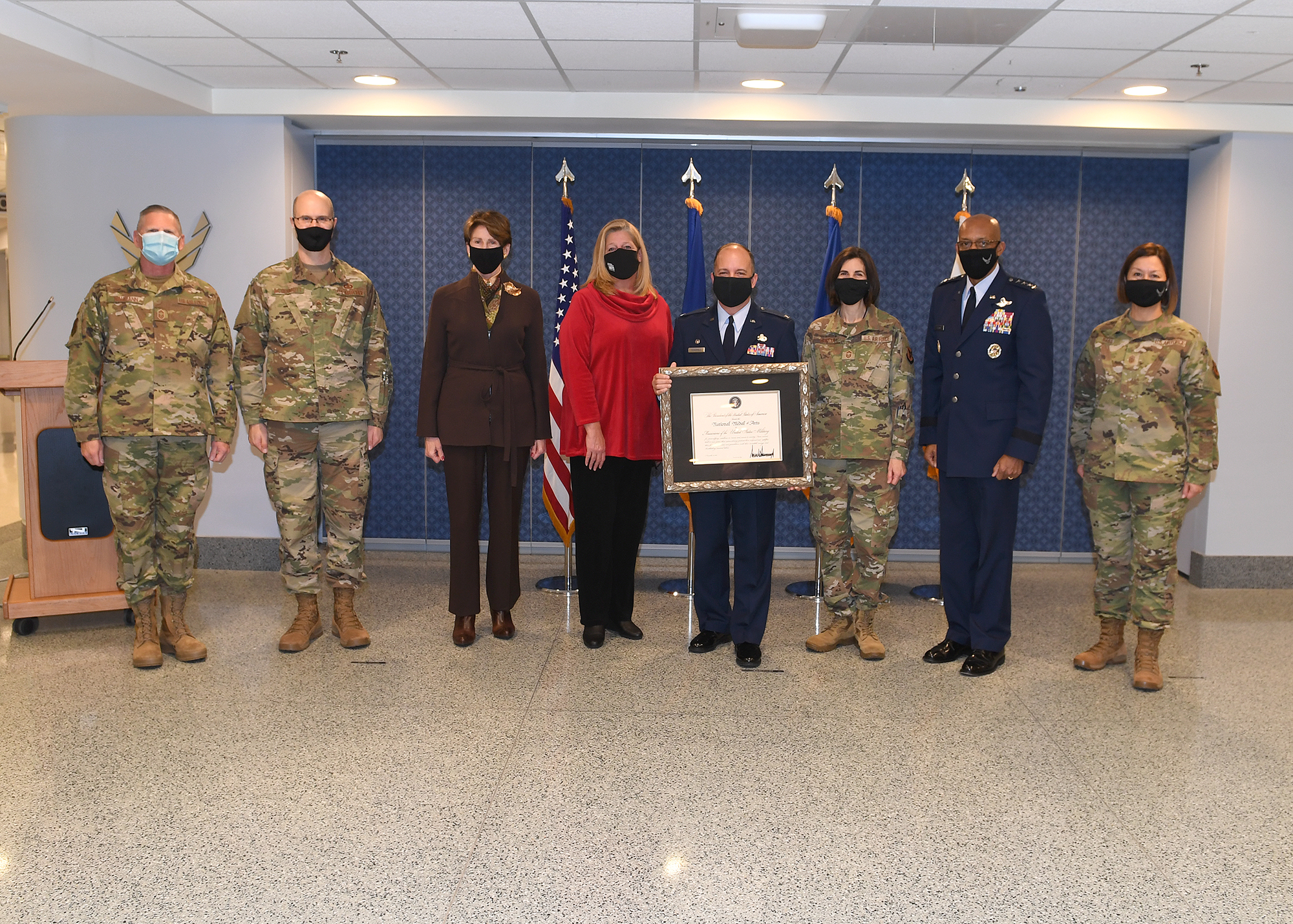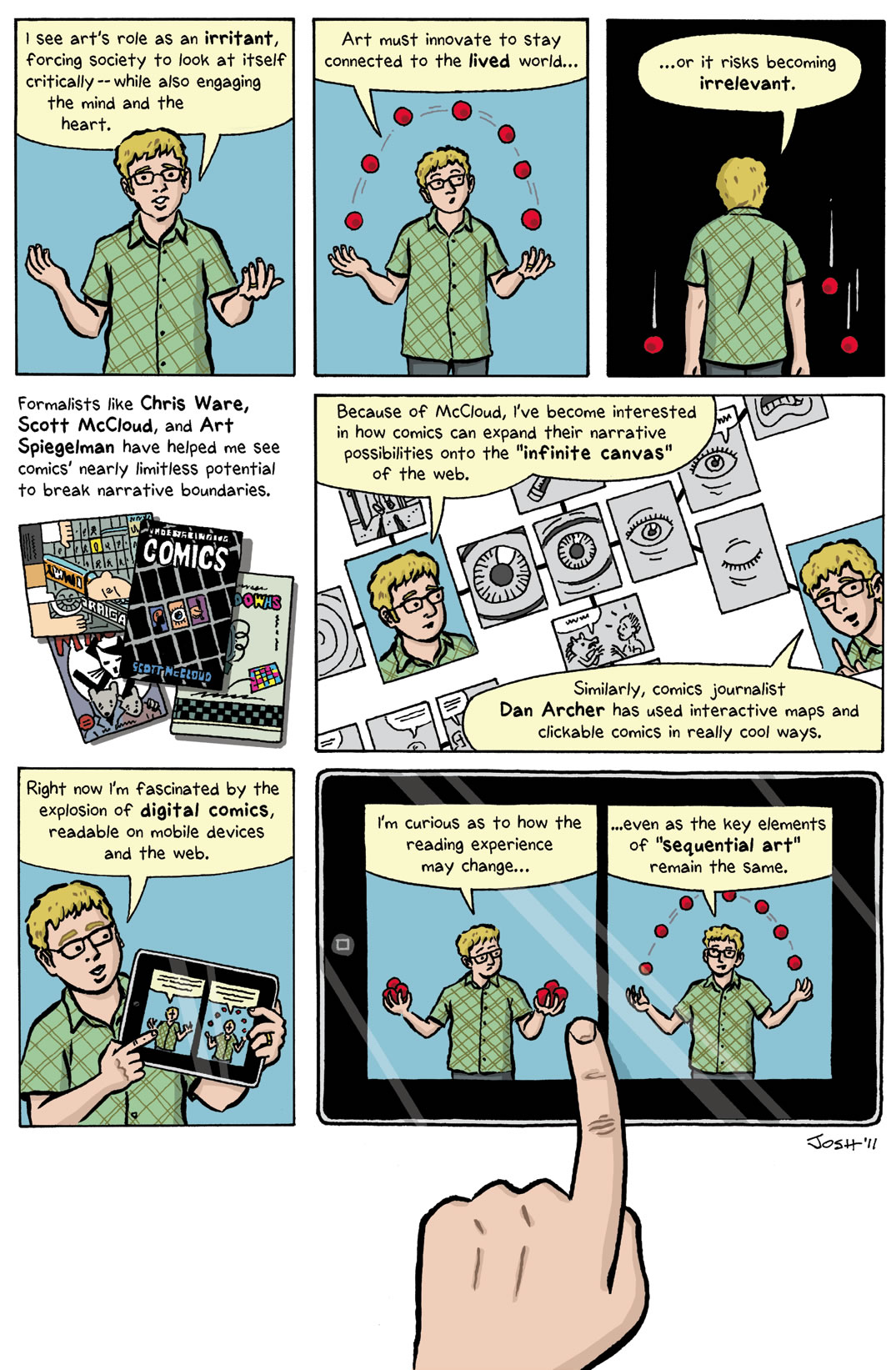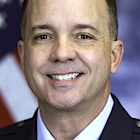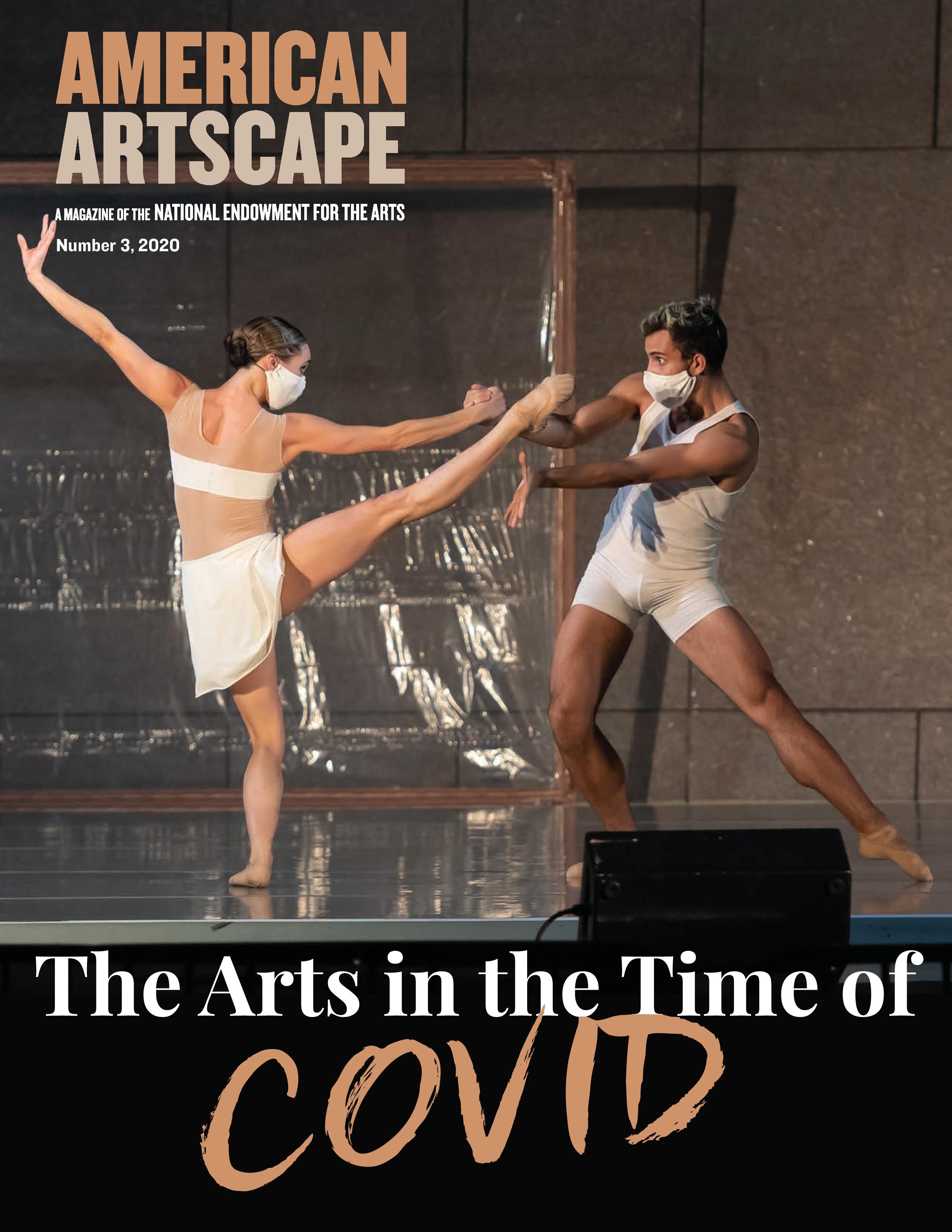Chairman's Corner: January 7, 2021
Jo Reed: I'm Josephine Reed from the National Endowment for the Arts with The Chairman's Corner, a weekly podcast with Mary Anne Carter, Chairman of the Arts Endowment. This is where we'll discuss issues of importance to the arts community and a whole lot more. Well, mercifully, 2020’s come to an end, and I know you are as relieved as I am, Mary Anne, but I also know you wanted to pause for a moment to think about where we’ve been, and just as importantly, where we’re going.
Mary Anne Carter: Yes, I do, Jo. I want to take time to reflect on this past year, and then look forward to the new year. You know, obviously 2020 was a tough and challenging year for everyone, and quite frankly, it was especially tough and challenging for me, as I lost a member of my family at the beginning of the year, and, you know, soon after that we started hearing about this strange sickness. On March 13th, I sent an email out to staff, Jo, you might remember, letting staff know that they should consider teleworking, and by the 16th we announced the entire office would begin teleworking, and here we are, nine months later, still teleworking, and like so many of our listeners, we were unable to do so many of our normal annual events. Our Jazz Masters concert was canceled in April, Poetry Out Loud finals canceled in May. Our Heritage Fellows concert canceled in September. The National Council meeting, which we were supposed to be in Puerto Rico for was canceled in October, and we missed out on some really special events planned for 2020. For example, in June, we were planning on hosting a conference for the Ministers of Culture from the Americas, from North, South and Central America, and also, we had paired five American artists with five Japanese artists, who collaborated on projects that were to be presented at venues throughout Tokyo during the Olympics, which, of course, were canceled. But I want to talk about what we did accomplish, because despite the pandemic, we still had an amazing year. First-- and some in our audience may not realize this-- our fiscal year 2020 budget for the endowment was the largest budget for the agency in the past 10 years, and the 12th largest budget in the 55-year history of the agency, and if we include the 75 million the agency received in CARES Act funding, it is by far the largest budget in the agency’s history, and we had no loss of productivity. We had been working on disaster preparedness for the previous 18 months, so we were extremely well prepared to move from the conference room to the living room overnight, and right before the pandemic, with our friends from NEH and IMLS, we hosted the first-ever convening of Native Americans, Alaskan Native and Native Hawaiians on federal cultural resources available to them, and then once we did begin to start teleworking, our work continued steadily. We still held all three National Council meetings, although virtual. We produced a virtual Jazz Masters concert that premiered in August. We produced a book commemorating the 100th anniversary of women’s Suffrage. We convened the National Service organizations together twice to discuss effects of the pandemic and reopening strategies. We still released so many reports, including an analysis of the folk and traditional arts portfolio at the agency. We released a report on how the arts can help in opioid recovery. We also released two surveys on reopening strategies for arts organizations across the nation, among many other reports.
And in addition to all the work we do all year, we also received 75 million through the CARES Act that we distributed to the state and regional arts organizations and including direct grants, which helped provide some financial assistance to more than 5,000 arts organizations throughout the country.
Jo Reed: That was quite a year. But let’s look forward to 2021. What can we expect?
Mary Anne Carter: Well, the first big event that we are looking forward to is our Heritage 2020 concert. That was canceled in September, as I just mentioned, but we are now in production and are putting together a celebratory concert, and that will premiere on March 4th.
Jo Reed: And then of course we have jazz right behind that in April.
Mary Anne Carter: Absolutely, and just as we did for 2020, we will also produce a virtual concert. We will not wait until August to play that though. We will premiere it in April on the usual schedule of Jazz Masters.
Jo Reed: And Poetry Out Loud is still going strong even as the students recite virtually.
Mary Anne Carter: That’s right, Jo. We have encouraged all the states to hold their competitions virtually, and the final competition that usually takes place in person in Washington, D.C., will also be held virtually, and we’ll keep it to the same time period, late April, early May.
Jo Reed: And then there are two events that aren’t ongoing programs, Americas Cultural Summit and the Olympics.
Mary Anne Carter: Absolutely. Both canceled for 2020, but it does look like both will happen in 2021. The Americas Cultural Summit will be held virtually in June, and as much as we would like to hold that in person, we just don’t know where all the countries are going to be by June. We don’t know where visas might be, travel restrictions per country, or even vaccinations. So that will be held virtually, and Japan has indicated thus far that the Olympics will go on, and they are hoping and anticipating spectators. So we are hoping that our artists who have been working in collaboration with Japanese artists will be able to present their final products in Tokyo during the Olympics in July.
Jo Reed: Mary Anne, we all anticipate moving forward into the new year. Thank you. <laughs>
Mary Anne Carter: Thank you, Jo.
Jo Reed: That was Mary Anne Carter Chairman of the National Endowment for the Arts. Keep up with the arts endowment by going to arts.gov or by following us on twitter @neaarts.
For the National Endowment for the Arts, I’m Josephine Reed. Stay safe and thanks for listening.
Music Credit: “Renewal” composed and performed by Doug Smith from the cd The Collection.


